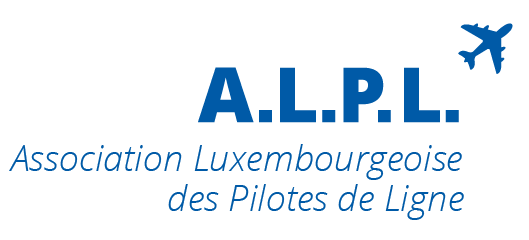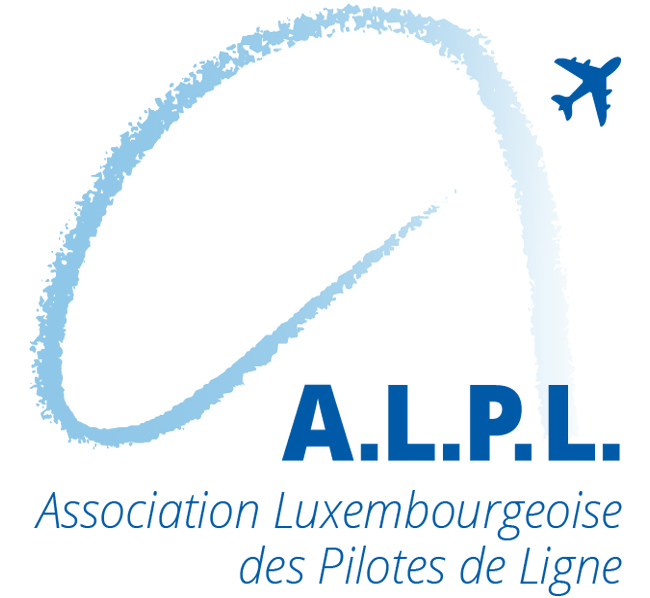Once again, we have seen a year where ‘crisis’ management remains the modus operandi in running this organization.
When the financial crunch arrived in 2009 together with the antitrust investigation, panic set in and shareholders were forced to inject capital to keep us functioning financially.
The peaks and troughs continued in 2012 and 2015-2016 whereby in Aug 2016 the company was in the red to the tune of -$60 Million. A recent staff meeting was held by the delegation where this and many other items were presented. Click here to view the presentation.
These financial issues have created stressors in all department in terms of insufficient staff numbers and we certainly see this today at Flight Operations. During the last negotiations, the previous CEO froze all pilot recruitment in October 2014 until the negotiations were complete in January 2016! Additional errors were made to not offer the Lufthansa CityLine pilots the existing contracts they were flying on and all of the 24 vanished except 2 pilots.
Furthermore, additional flexible fleet in terms of pay by the hour B747-400F aircraft were introduced all the way up to September 2017. This and with aircraft block hours averaging close to 16 hours per day has meant we are short of pilots from the onset. Pilot recruitment and training in order that a new pilot is cleared on the line has to be planned in advance between 9-12 months to enable the flexibility the airline is looking for.
But it does not end there. Since the recruitment commenced in January 2016, 83 new pilots have been trained year to date. However, by retirements, loss of license cases, a well-accepted part time scheme and departure of Lufthansa CityLine pilots and others leaving for other employment options, where stability is the priority, a total number of 75 pilots exited the company, resulting a net gain of only 8 pilots, while doing all these additional block hours.
This net effect has meant the following areas have surfaced;
- The CWA is interpreted in favor of the company where flights are unilaterally scheduled into CODs and VAC amongst other things
- The CWA maximum FDPs for standard crew are being misinterpreted as only applicable at initial roster publication and not at the publication of a revised roster due to a change to a completely different FDP or rotation.
- FDPs in general are unrealistic where empirically calculated taxi times are not included and turnaround times are shortened to make the FDP legal,
- The exception of planning a Back-to-Back rotation beforehand is being misused by using this provision as a hidden standby system during an already commenced rotation.
- Roster stability is at an all-time low, where it is estimated that only 30% of rosters that have been initially published were actually flown during the ‘peak’ times
As a Board we are addressing the CWA relevant issues through the LCGB who is directly requesting intervention from the labor inspectorate (ITM).
We have also started a legal process to the DAC-L on the correct application of the Time Zone Compensation (TZC). This process will be ongoing in 2018 and we will provide further information when it would become available.
These and many more issues are being addressed at all levels of the legal system. We are determined to ensure that our working conditions in flight operations are managing the fatigue levels in advance. But you can imagine that any legal process can and will take some time. While we should manage our expectation on quick results from the legal side, we are definitely tasked to be vigilant on fatigue issues and request more rest or a roster change, when the safety of the flight is in danger.
We as an ALPL Board appreciate your support and ask that you make yourselves familiar with the guidance material we have produced to assist you on the line. You will find these documents here. Please do take the time to read these. We have four board members who actively answer rostering questions in a timely manner from you the members.
Please assist us when you have a rostering issue to be familiar with the ‘Know Your CWA’ literature relevant to your concern and then request confirmation from us by sending us your roster and question etc.
It is also vitally important to be acquainted with Chapter 7 of the company’s OM-A. Many of you have applied your responsibilities especially with regard to discretion. One notable rotation for example being LUX-SJU-ATL now has a crew change in SJU due to the fact that the FDP was obviously unrealistic and would mean that crews always would have to use discretion to complete the flights.
We will continue to provide leadership in protecting the interests of the members to ensure that the CWA is being respected. We ask that you assist us in achieving this by remaining united.
Hotels
We are pleased to say that the majority of the hotels we currently stay at have been re-signed for another year or two. This is excellent news and the Cargolux Hotel Committee would like to thank management for working with them to ensure that crew rest is not compromised.
You may however, see a few hotel changes on our network in the coming months, due to either upgrading hotels in an area, or because the hotel is undergoing renovations. The latter will be the case in ICN, BAH, and MCT. The committee is currently working with management to make sure suitable alternatives are provided.
In DXB a new hotel may be tried out soon. The hotel committee will update you of any progress.
In NYC the hotel will probably move to a voucher, to be submitted for breakfast. This will hopefully eliminate the current confusion surrounding what you are eligible to, but as it stands at present it remains, 1 coffee, 1 orange juice, 1 main dish, 1 side. The “standard” steak and eggs is considered 1 side and 1 main!
In Europe the hotel committee is trying to find solutions at BRU and ZAZ. If you have any ideas, please contact the hotel committee at cvhotels@alpl.lu.
The committee will provide updates throughout the year, but please keep the committee abreast of any issues you encounter so the committee members can be proactive in correcting these issues.
Immobilized Off Days Scheme (FFOD)
Even though we have come to an agreement on the CWA application of the FFOD, management from the Legal and Flight Operations department are resisting on having this agreement signed by the unions.
The content in the agreement has a variation at the request of the management and therefore requires the need for a union signature. A letter was sent by the LCGB to the CEO stressing that the legal stakeholders have to sign this agreement. Yet no answer has been received.
The ratification by the unions is needed in order to ensure that what was agreed has longevity in the CWA.
TSA and DTY1 Compensation Days
We have had members inform us that they have had their vacation days removed and the TSA and/or DTY1 compensation days replace these vacation days.
The TSA and DTY1 are compensation days for the computer based training to fulfil the legal requirements of completing the mandatory training in the current year. Your vacation days cannot be moved without your explicit prior consent to accommodate these two compensation days.
We received further complaints that these days are assigned duty. This is not correct, as they are compensation days only for time spent doing the studies anywhere at the discretion of the pilot instead of the need to travel to Luxembourg for classroom training.
Pilot Representatives
Recently, Frank Scheitweiler asked to step aside as an effective delegate for personal reasons. Frank has been active member visibly in the catering committee and in the background preparing many other dossiers that will assist the ALPL in areas that will support pilots when upcoming EU regulations come into force.
We would like to thank Frank for his dedication. In his message to all pilots we are glad to have immediately received an application from Markus Gerneck to head up the catering committee, which was accepted by the board. Welcome aboard Markus. Alexander Erhard being the next inline as a substitute delegate has become an effective delegate.
EASA FTL Effectiveness Live Data Gathering
We would like to thank those members who volunteered to participate in the live data gathering by the independent consortium from EASA, led by the Dutch Aerospace Center (NLR), to determine whether the current EASA rules provide sufficient protection from potential consequences of aircrew fatigue and, if necessary, to make recommendations for changes to the EASA rules. This has been and will be an opportunity for all European pilots to demonstrate the potential flaws of the current regulations. Many pilots in the low-cost arena have been prevented from participating by their employers!
It must be understood that all these mathematical models and current regulations need the feedback from the single data source to validate the real effectiveness and that is us the pilots operating these flights.
Many of you have written reactive and proactive fatigue reports. This data has been and will continue to be analyzed by the flight safety officers in the Safety department.
In the new year the results of the FSAG survey will be made available after it has been presented to the Safety Review Board (SRB) of the company. Many of you have communicated that the feedback (data) of your fatigue reports are not taken into consideration. As members of the FSAG, we can verify that all results are taken into considerations and is presented to the SRB with clear recommendations. The ball is now with the post holders and the accountable manager to implement these recommendations.
Please do not be discouraged at the absence of change. In the long term, we believe that this will change. In the short term, we as professional pilots need to apply our own Fatigue Risk Management whist the company emerges from its ‘crisis management’ mode by planning ahead in this critical part of the operation.




